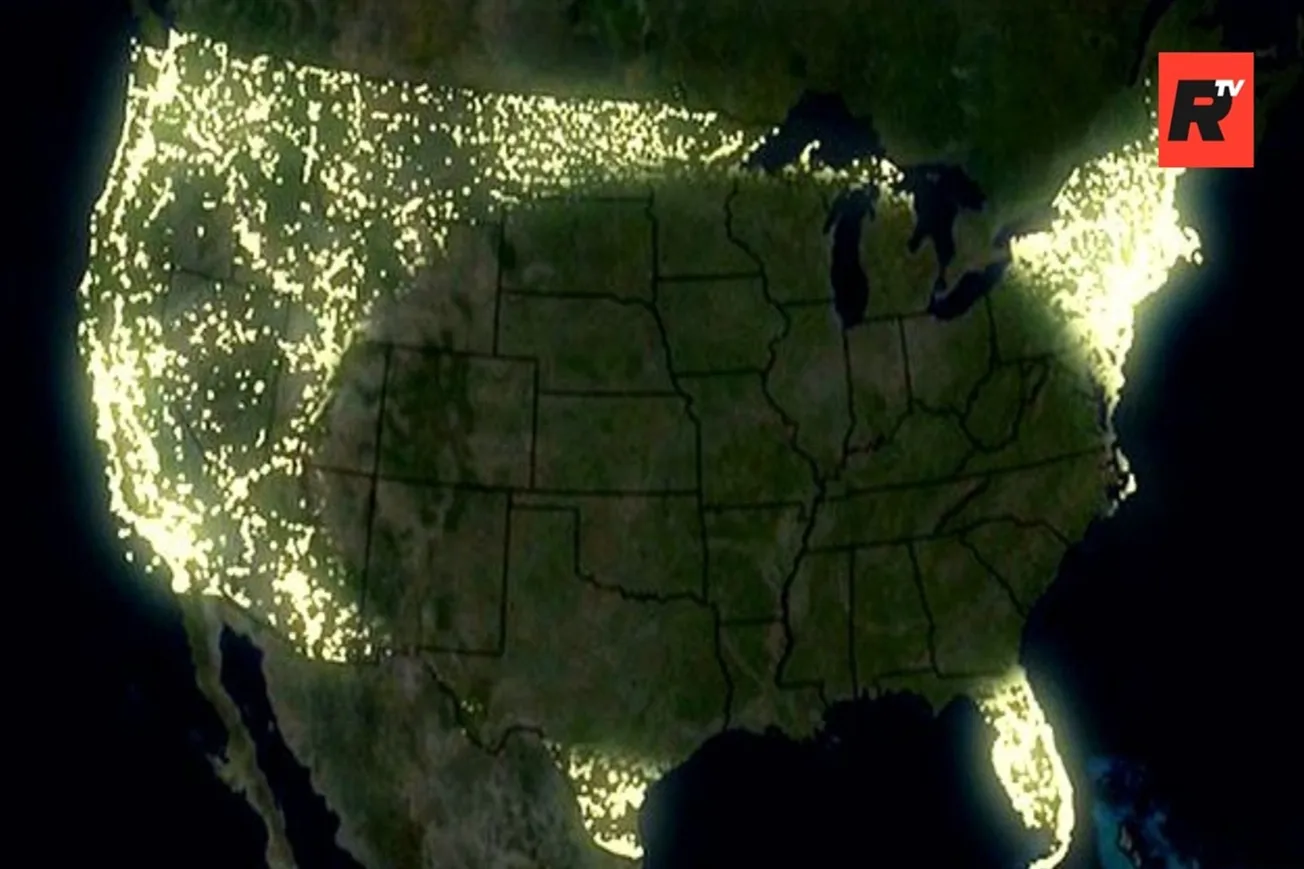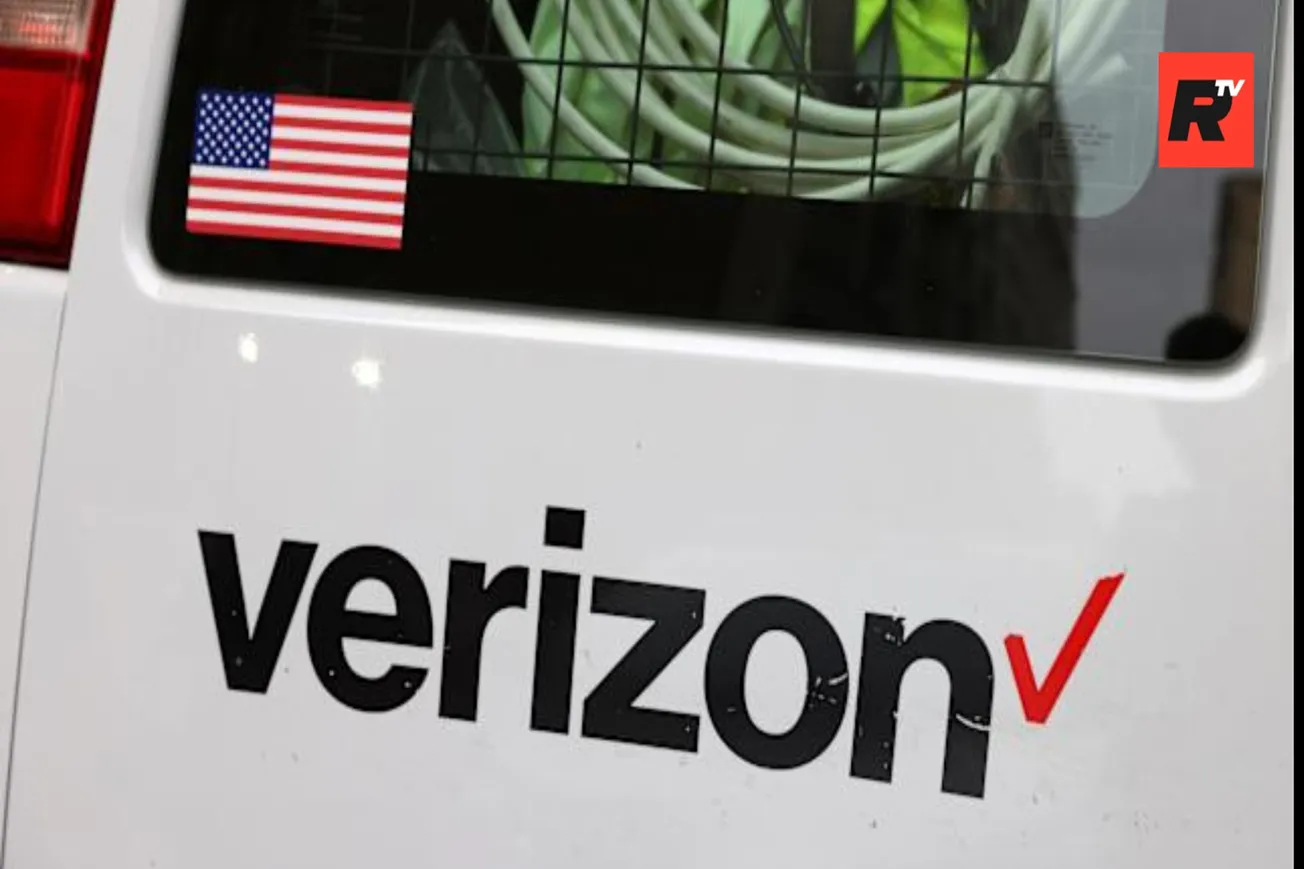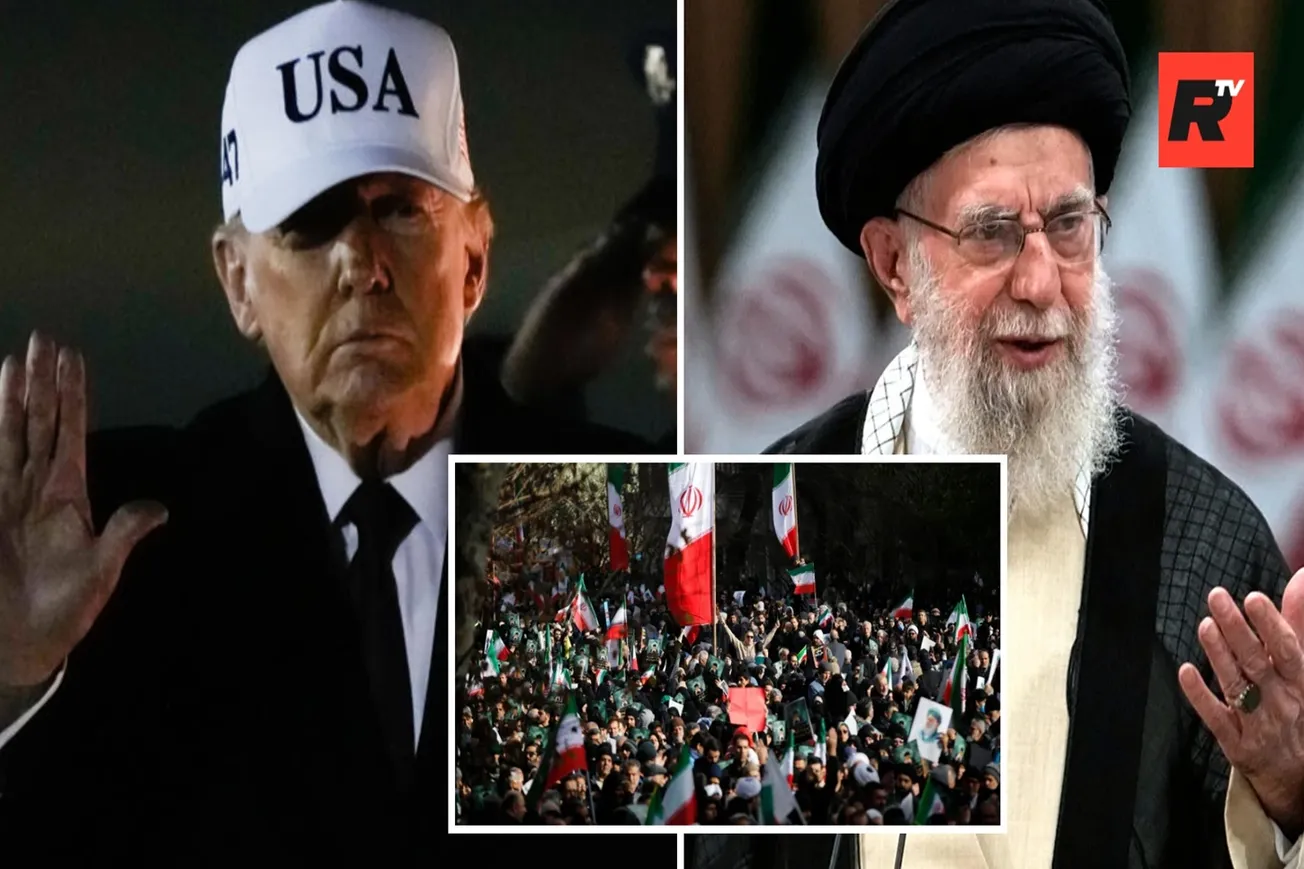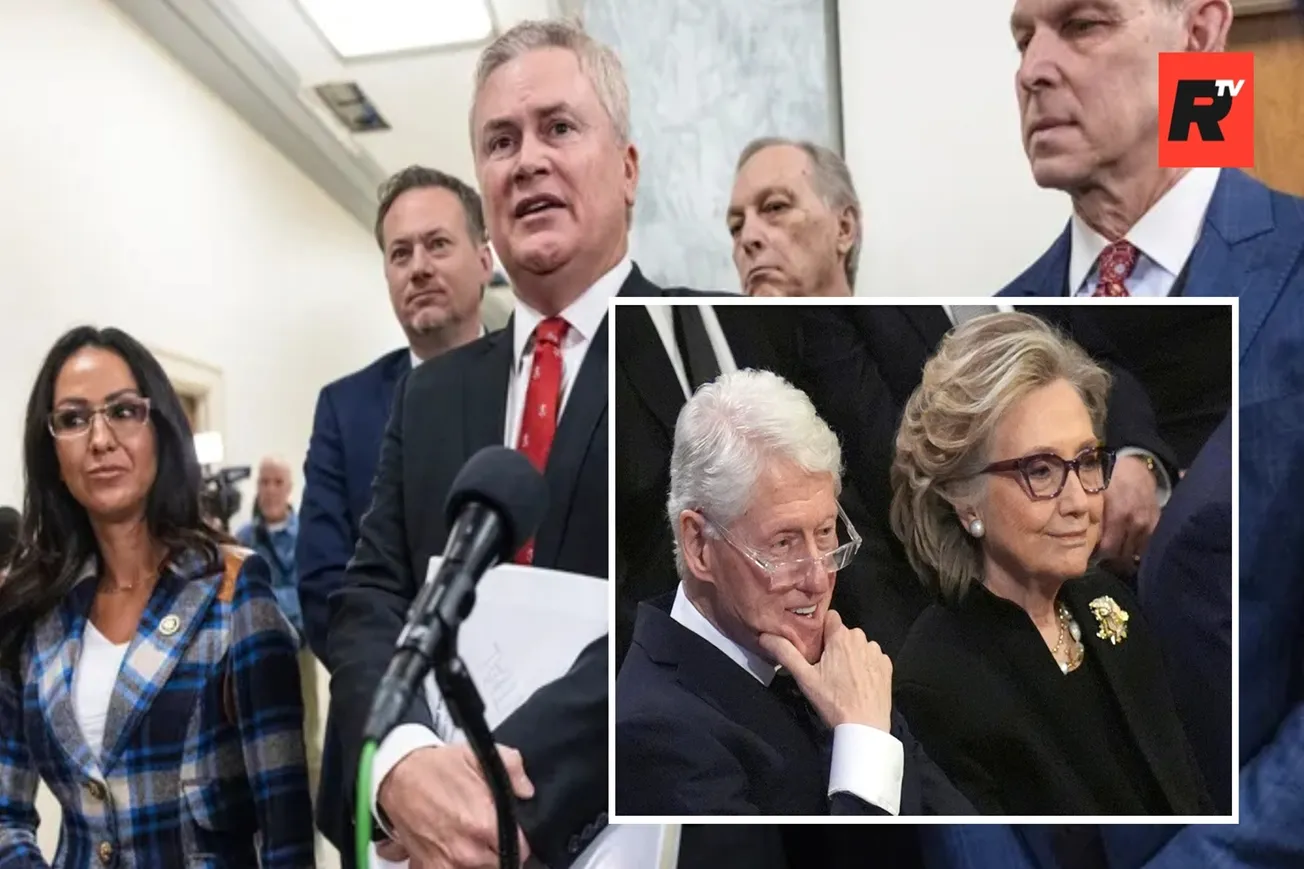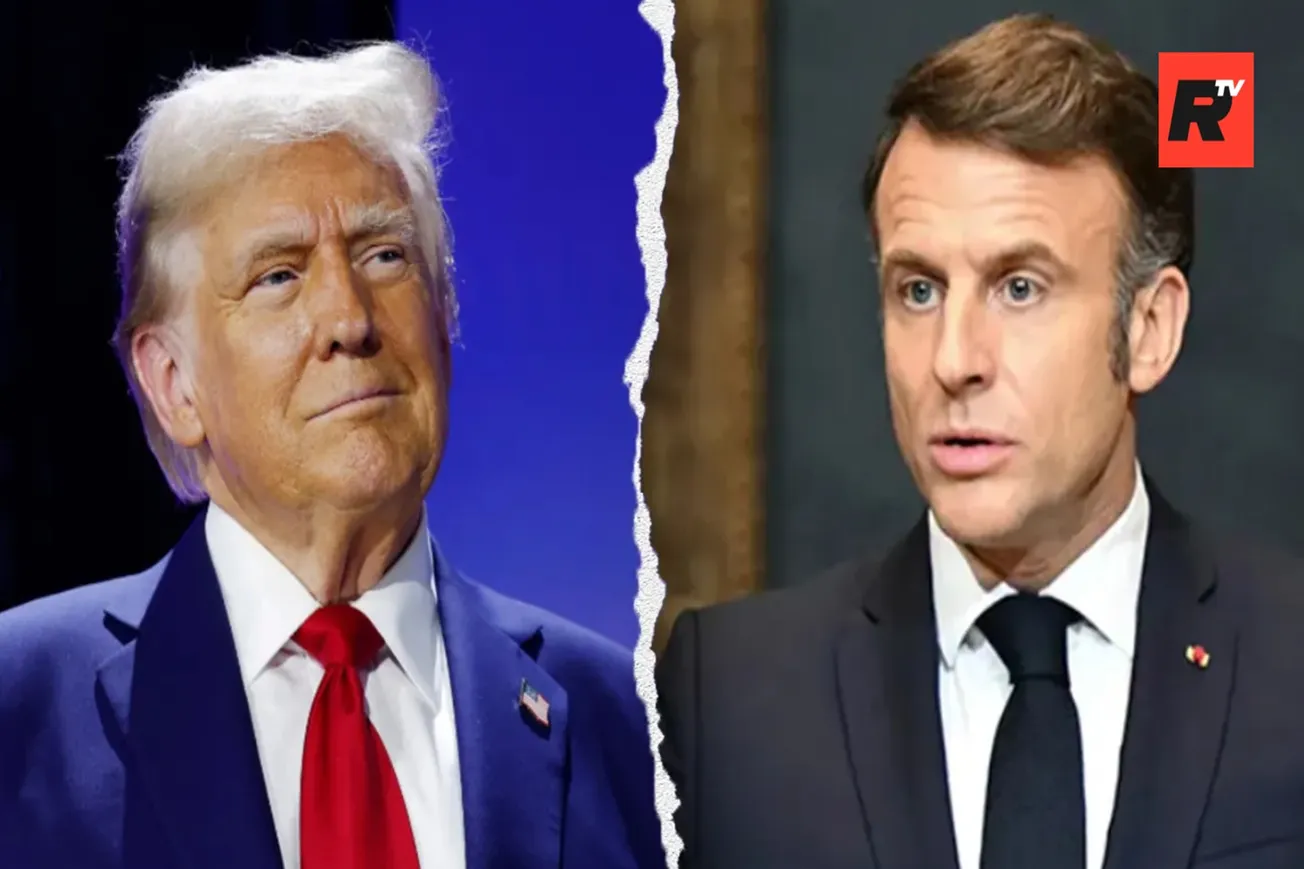Table of Contents
A federal judge in Massachusetts has dealt a significant blow to President Donald Trump’s efforts to tighten election security, striking down key parts of his executive order aimed at ensuring only U.S. citizens vote in federal elections.
This marks the second judicial setback for the Trump administration’s push to overhaul the nation’s voting system, raising questions about the balance of power between the executive branch and Congress.
U.S. District Judge Denise J. Casper in Massachusetts, appointed by former President Barack Obama, issued a preliminary injunction on Monday, blocking five critical provisions of President Trump’s Executive Order No. 14248.
Signed in March 2025, the order sought to strengthen voter registration safeguards by requiring documentary proof of U.S. citizenship for federal elections.
The ruling follows a similar decision in April by a Washington, D.C., federal judge, who blocked parts of the same order in cases brought by voting rights groups and the Democratic Party.
Judge Casper’s ruling argues that President Trump overstepped his authority, asserting that election regulations fall under Congress’s purview, not the executive branch.
In her decision, she emphasized the conflict between the president’s directive and existing federal laws.
"There is no dispute (nor could there be) that U.S. citizenship is required to vote in federal elections and the federal voter registration forms require attestation of citizenship," Casper wrote. "The issue here is whether the president can require documentary proof of citizenship where the authority for election requirements is in the hands of Congress, its statutes ... do not require it, and the statutorily created [Election Assistance Commission] is required to go through a notice and comment period and consult with the states before implementing any changes to the federal forms for voter registration."
The judge also struck down a provision directing the Secretary of Defense to update absentee voting forms for military and overseas voters to include proof of citizenship, calling it an overreach of presidential power.
"Neither the Constitution nor any statute grants the president the authority to enact" that provision, Casper wrote, adding that Mr. Trump’s mandate "appears to be in conflict with the will of Congress, which is duly authorized to act in this area, and has acted through its enactment of the" Uniform Overseas Citizens Absentee Voting Act in 1986.
The injunction halts several key measures, including requirements for the Election Assistance Commission to mandate documentary proof of citizenship on federal voter registration forms, verification of citizenship at public assistance agencies before distributing registration forms, and enforcement actions against states that accept ballots after Election Day.
It also blocks incentives tying federal election funding to states adopting Election Day ballot receipt deadlines. The lawsuit, led by attorneys general from 19 Democratic-led states, including California, Massachusetts, New York, and Illinois, argued that the order imposes burdensome requirements that could suppress voter participation.
New York’s Attorney General celebrated the ruling, framing it as a victory for voter access and democratic principles.
"Free and fair elections are the foundation of this nation, and no president has the power to steal that right from the American people," New York Attorney General Letitia James said in a statement. "Today’s win ensures that eligible New Yorkers will be able to register and vote without fear of disenfranchisement."
The executive order was issued amid President Trump’s ongoing claims of widespread fraud in the 2020 election, claims debunked by election officials, including Christopher Krebs, former head of the Cybersecurity and Infrastructure Security Agency, who called the 2020 vote “the most secure in American history."
The order’s stated goal was to ensure "free, fair, and honest elections unmarred by fraud, errors, or suspicion," emphasizing the importance of preventing "illegal dilution" of American citizens’ votes.
Federal law already prohibits non-citizens from voting, with penalties including fines, up to five years in prison, and potential deportation.
The President’s order aimed to close what he called loopholes in voter registration, but critics argue it risks disenfranchising eligible voters. Here’s how the judge justified her decision to block these measures.
Casper wrote that the executive order’s instruction for the EAC to add a documentary proof of citizenship requirement "conflicts with the will of Congress, rendering the president’s power 'at its lowest ebb.'"
She added that the requirements "will pose expensive and time-consuming burdens on the states, and risk chilling voter registration and participation, which is the antithesis of Congress’s purpose in enacting” federal election laws.
A liberal judiciary and Democratic attorneys general are teaming up to keep our elections wide open for exploitation.
President Trump’s trying to do something commonsense: make sure only American citizens vote in American elections. You’d think that’s a no-brainer, but no, the left screams "voter suppression" while they protect a system where anyone can stroll in, sign a piece of paper, and cast a vote: No ID, no proof, no problem.
The fight over election security is far from over. With two federal judges now blocking portions of President Trump’s executive order, the administration faces an uphill battle to implement its reforms before the next election cycle
As this legal showdown continues, the debate over voter access versus voter integrity remains at the heart of America’s political divide.


